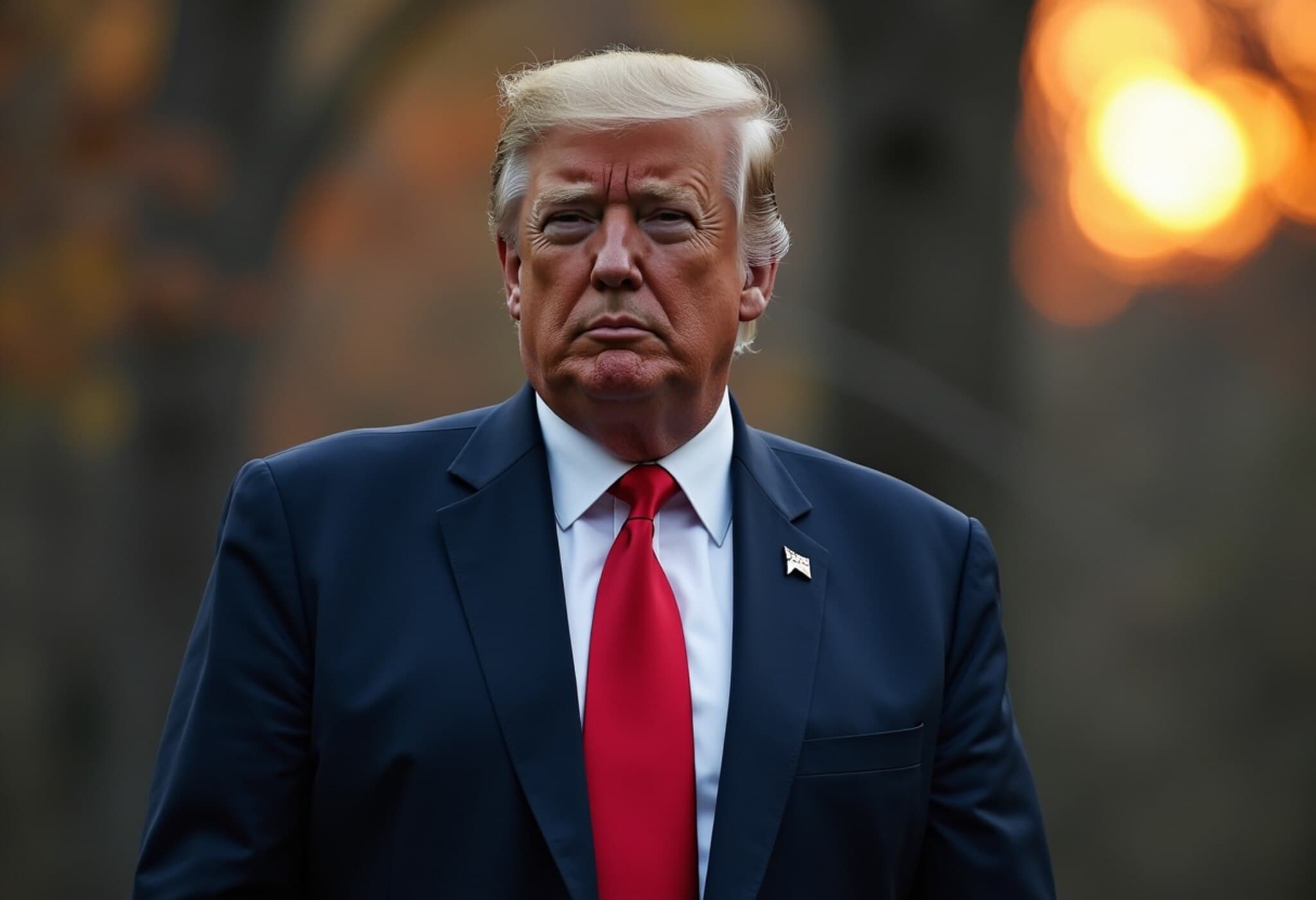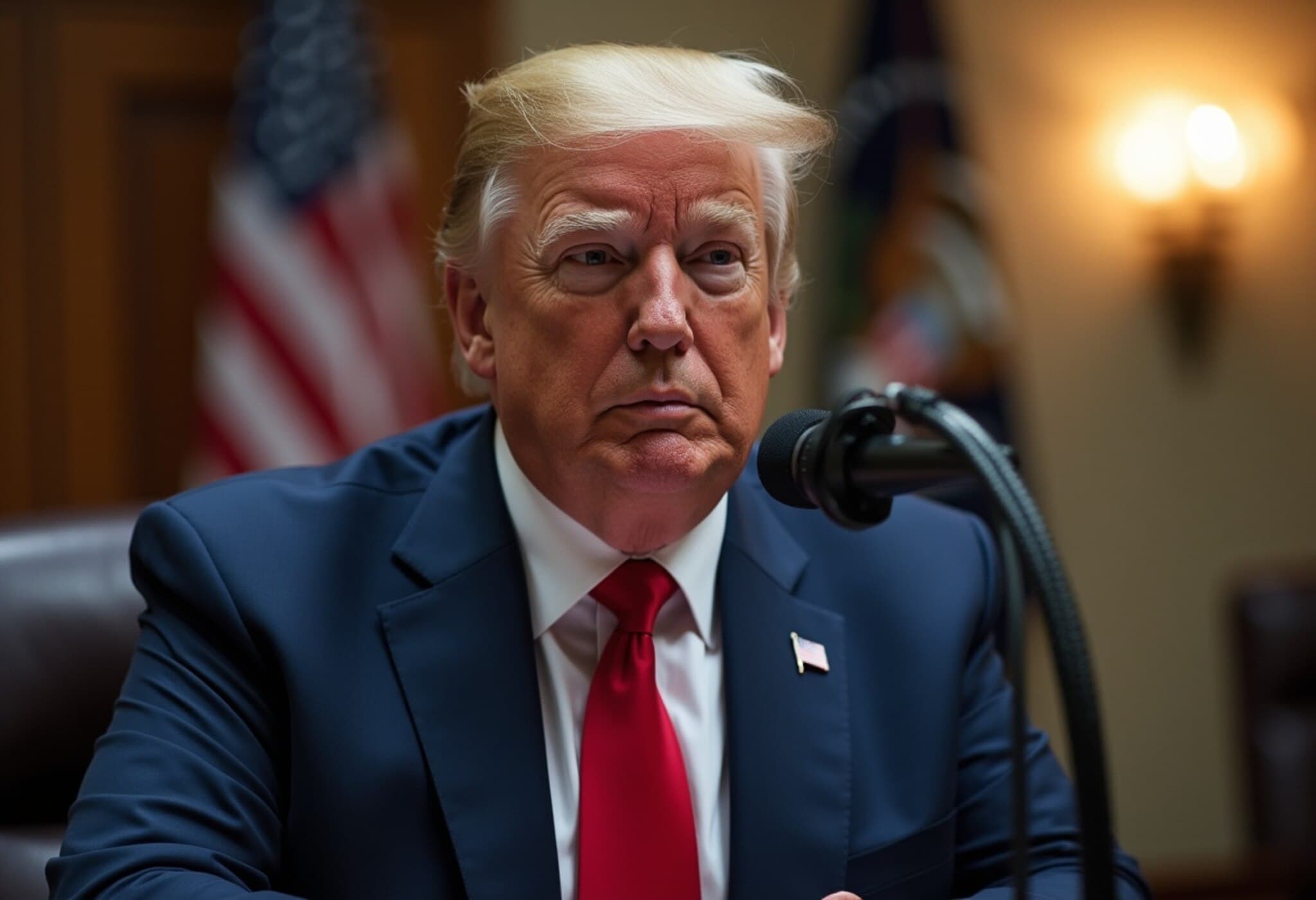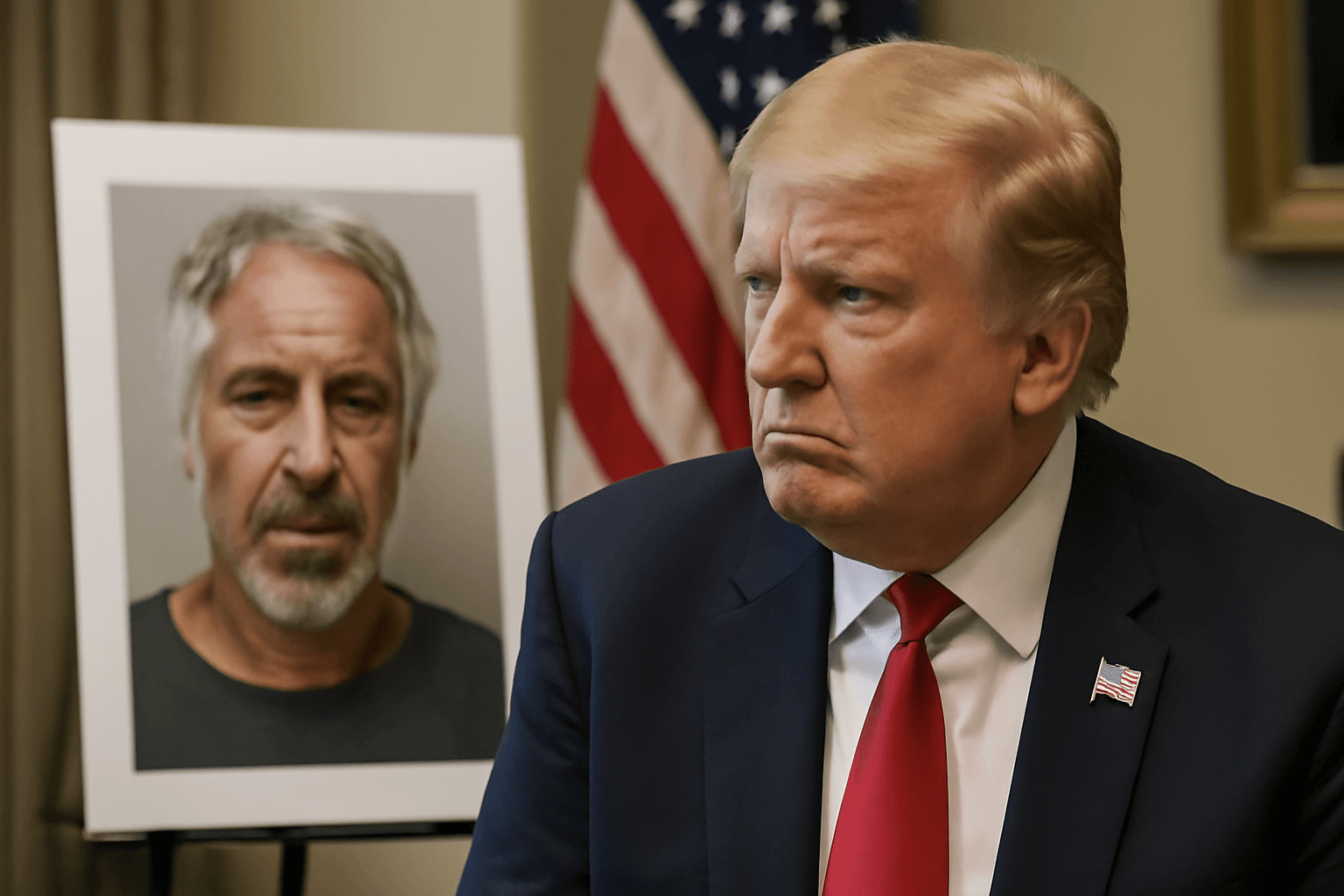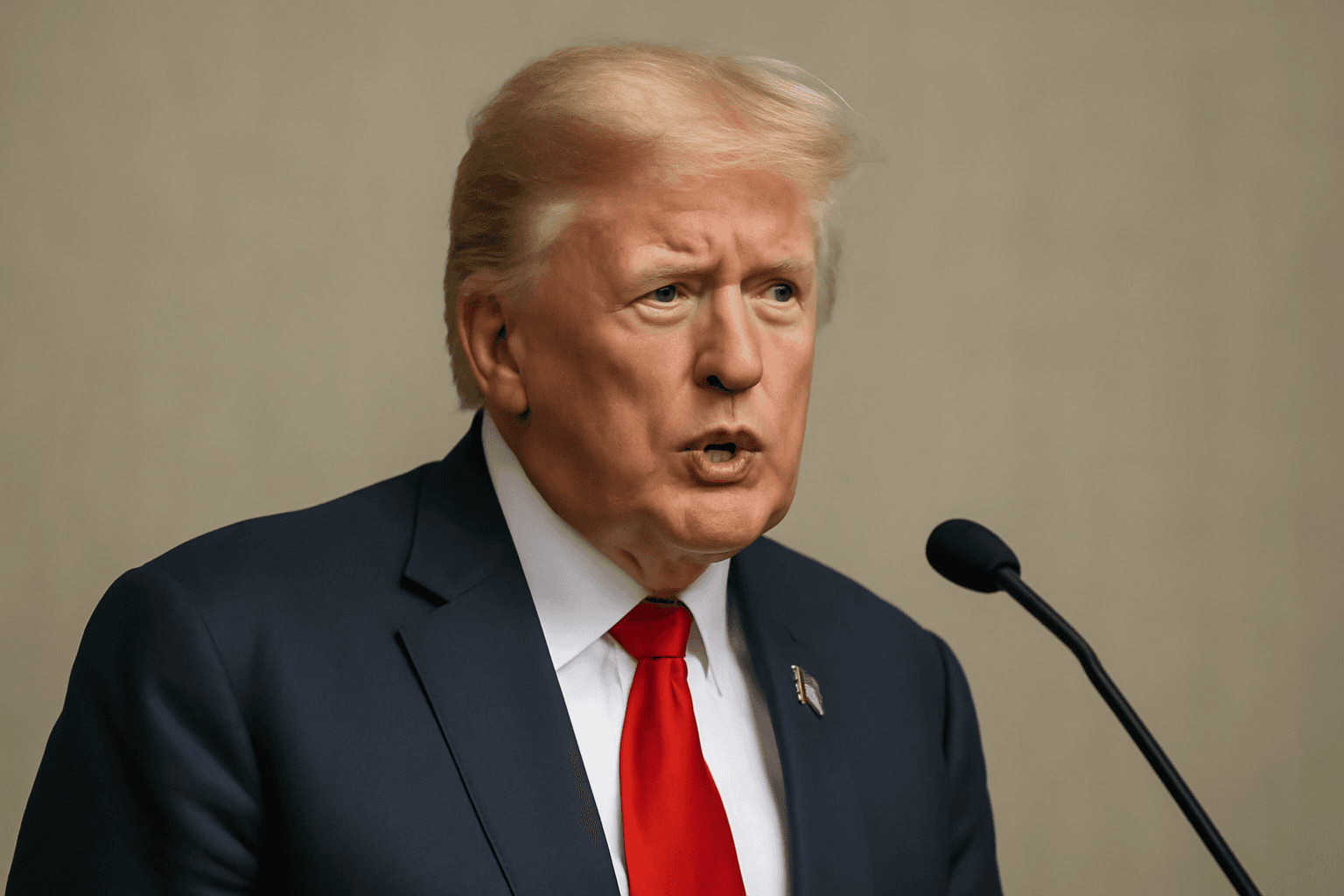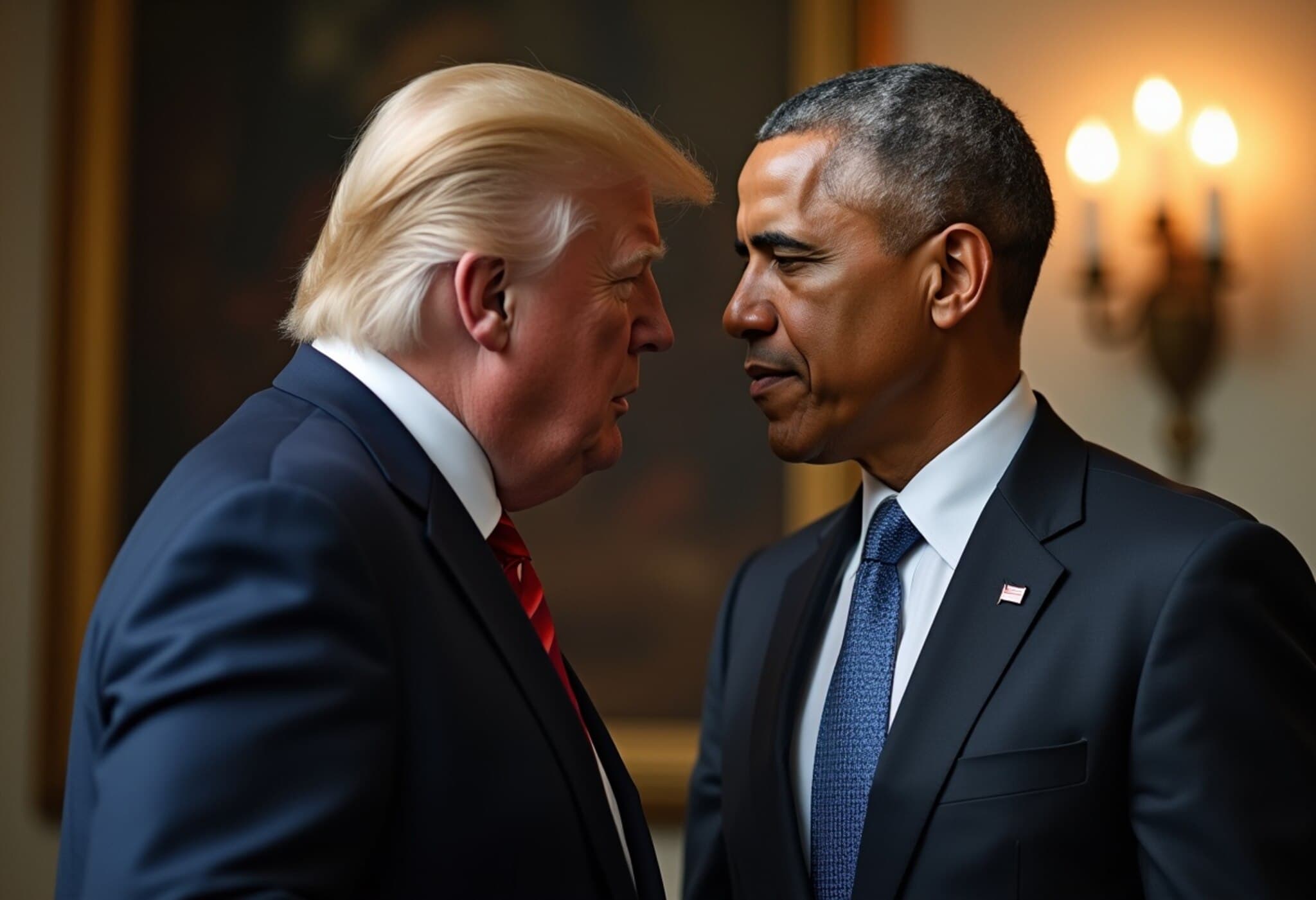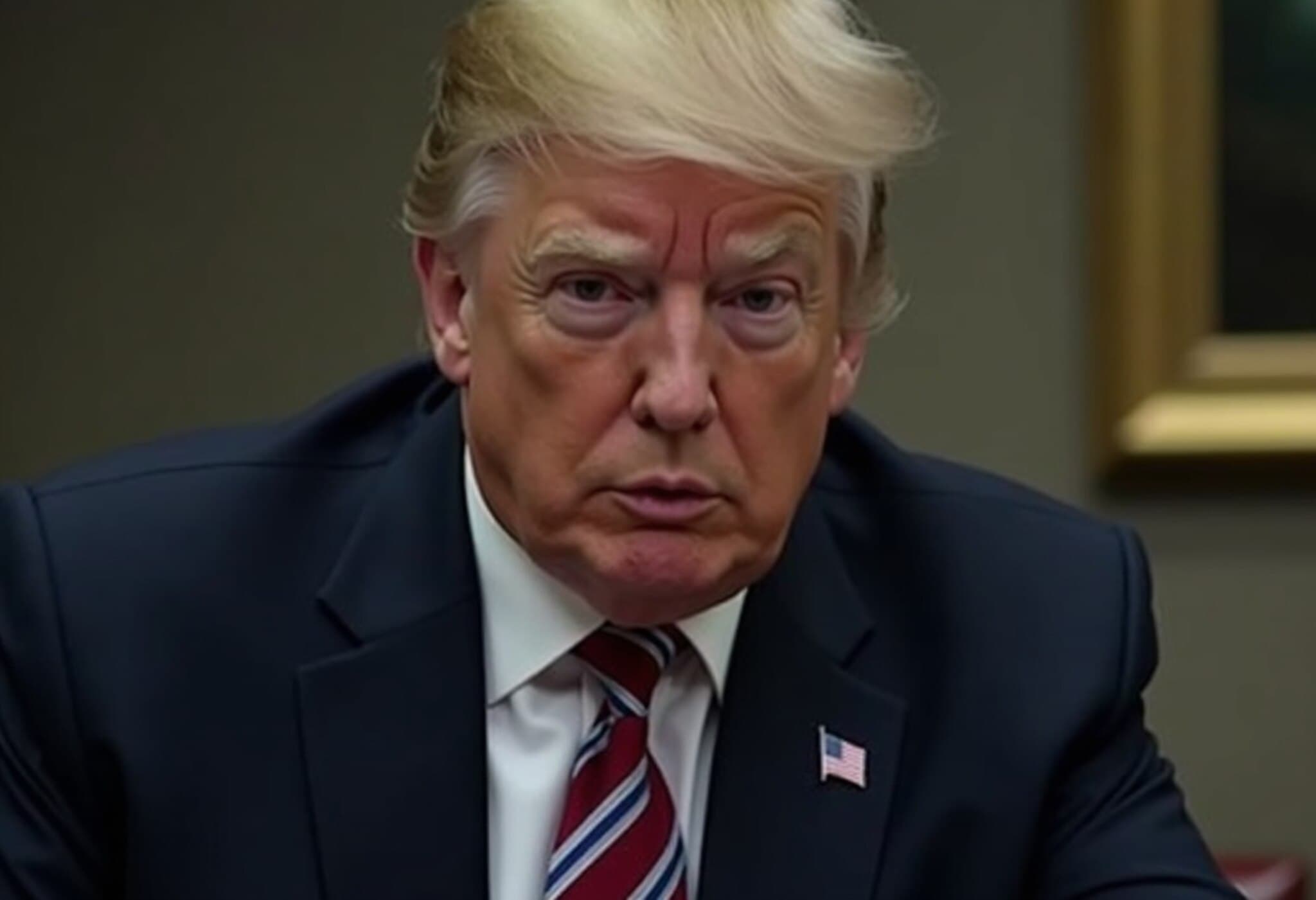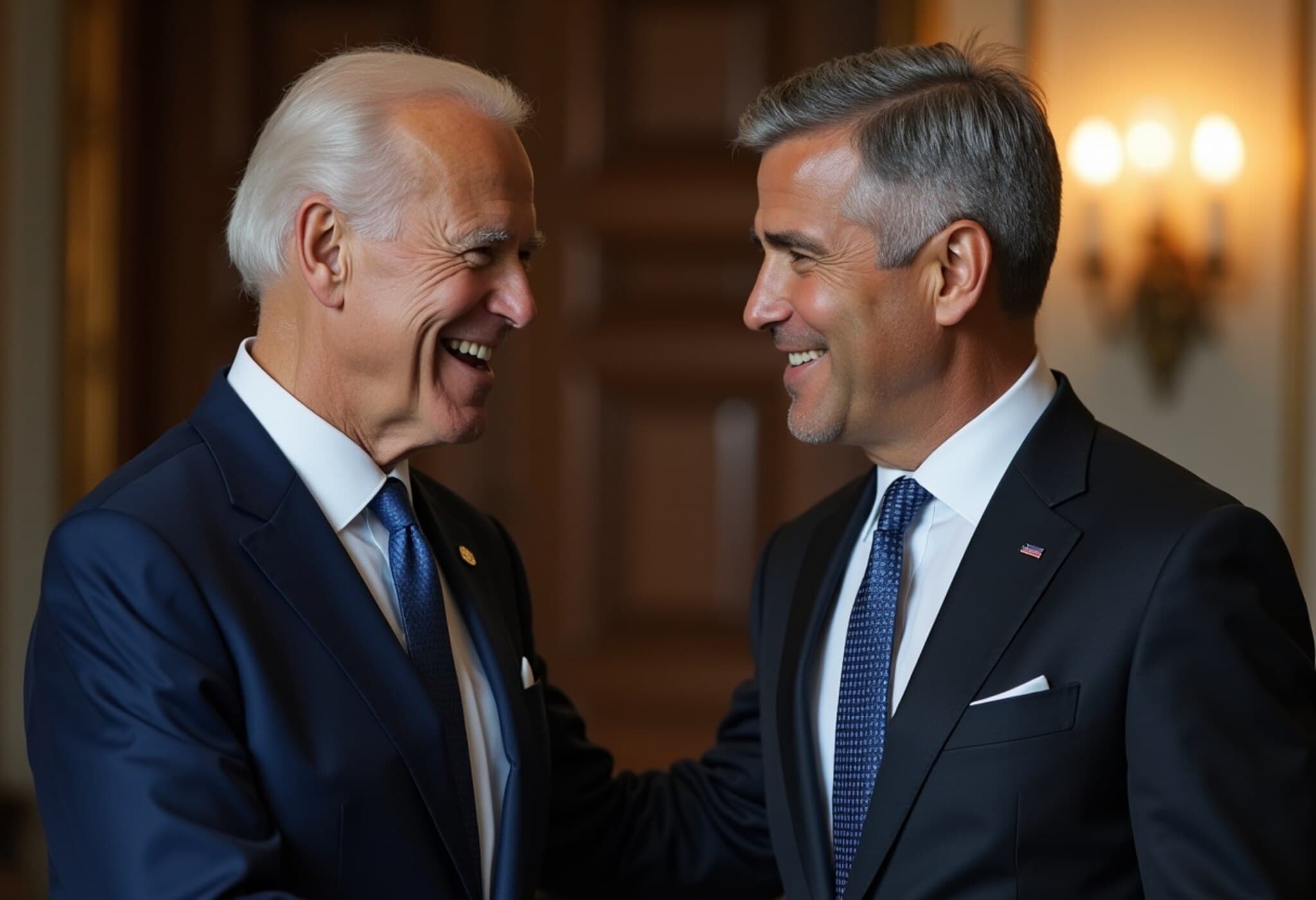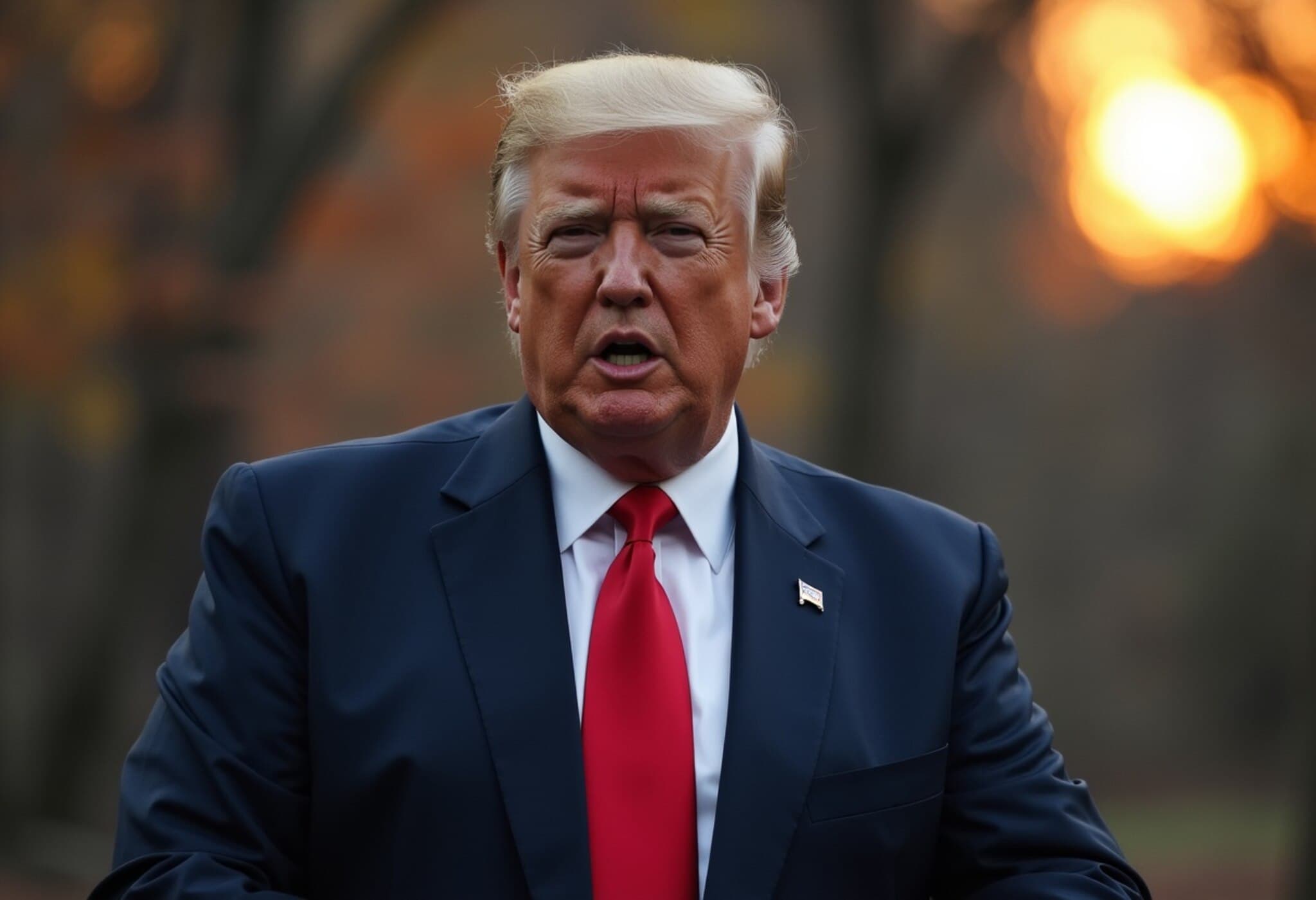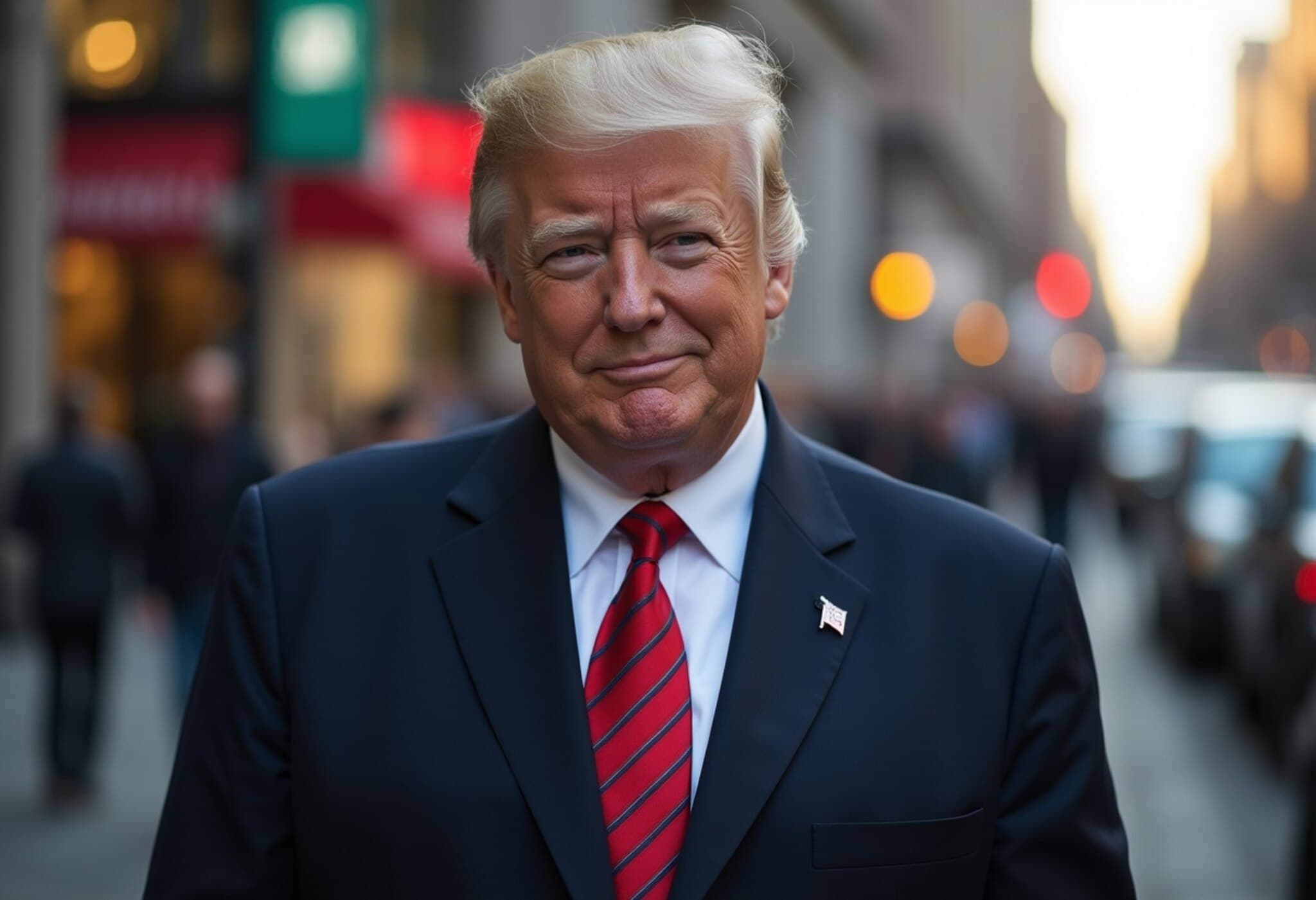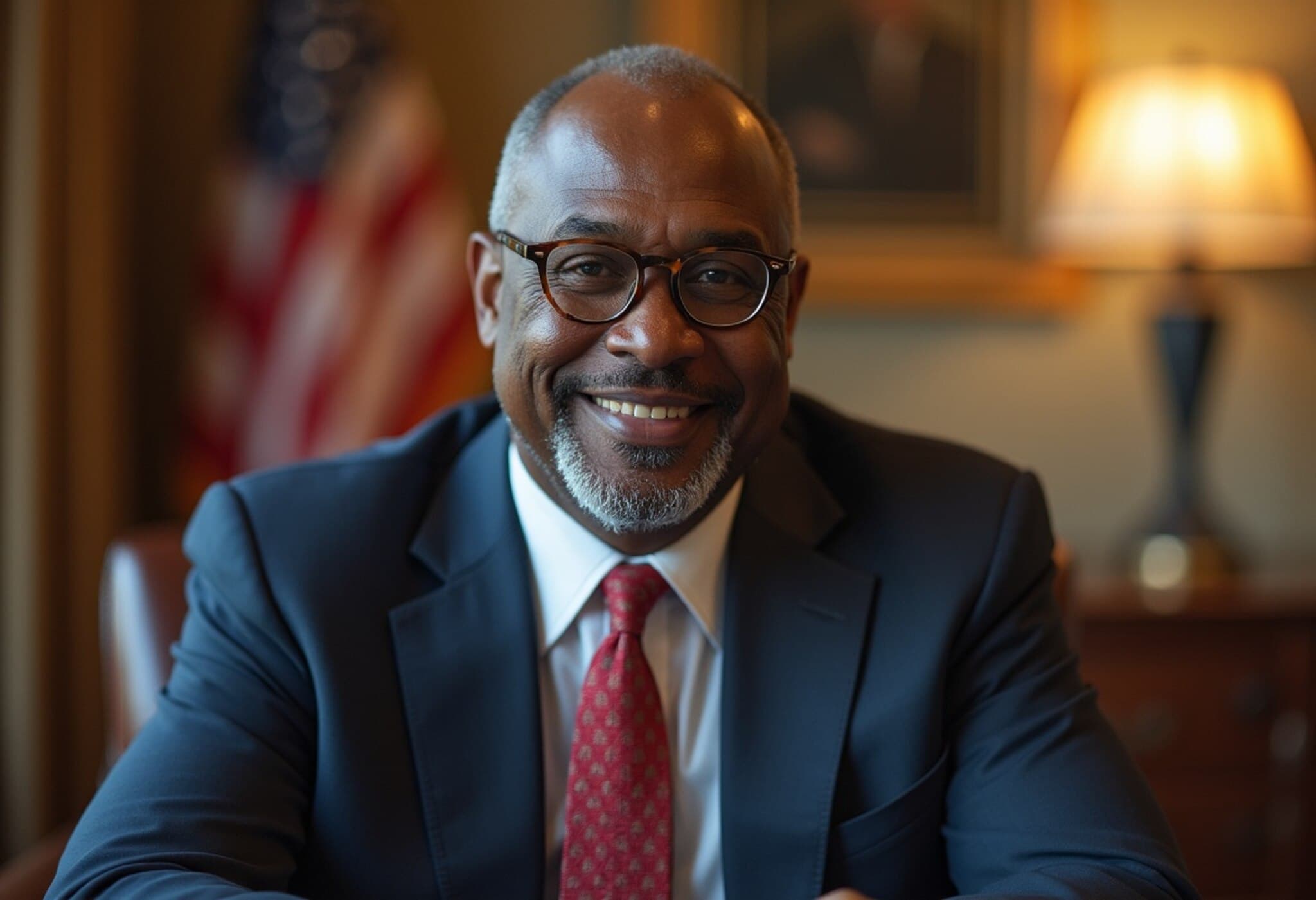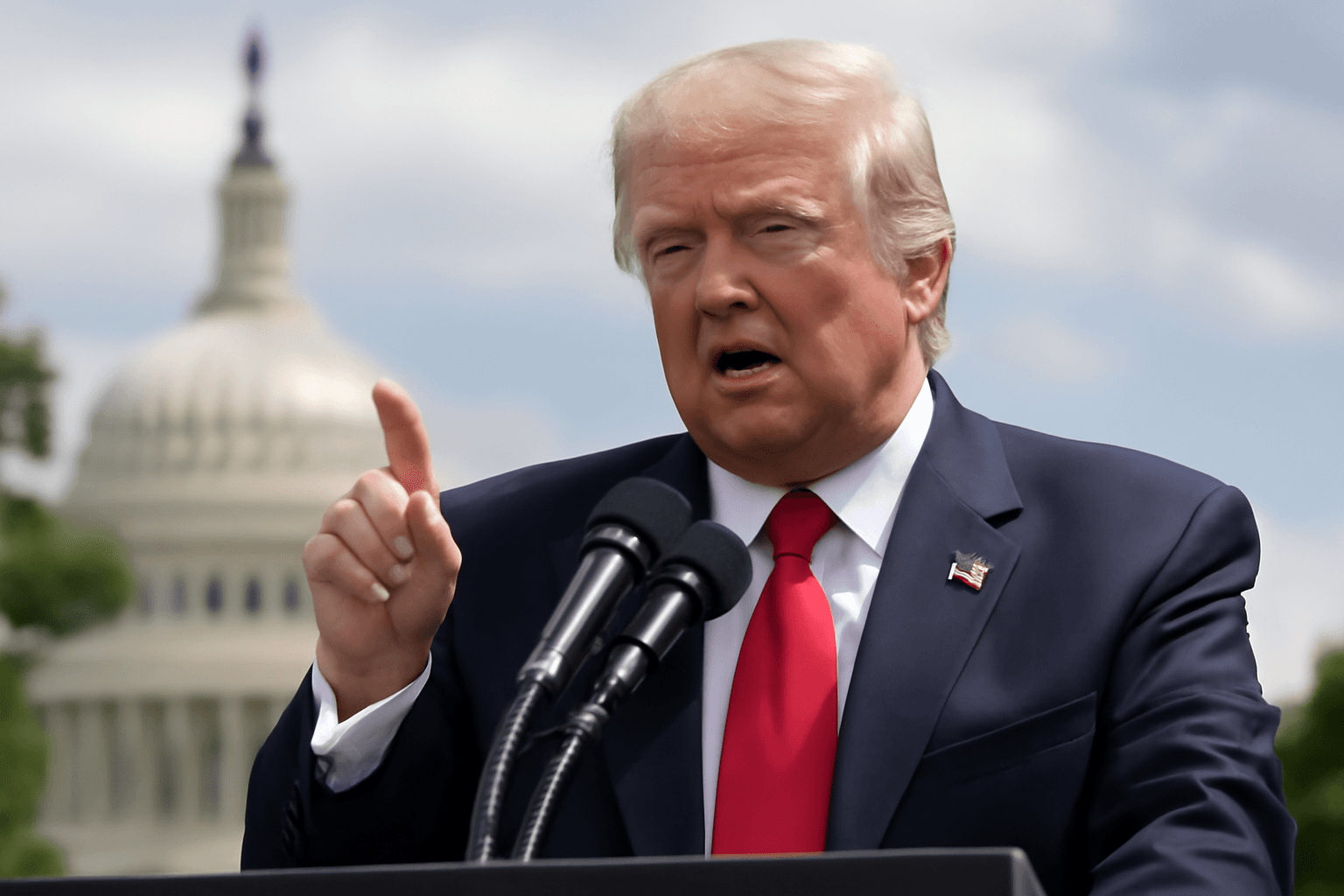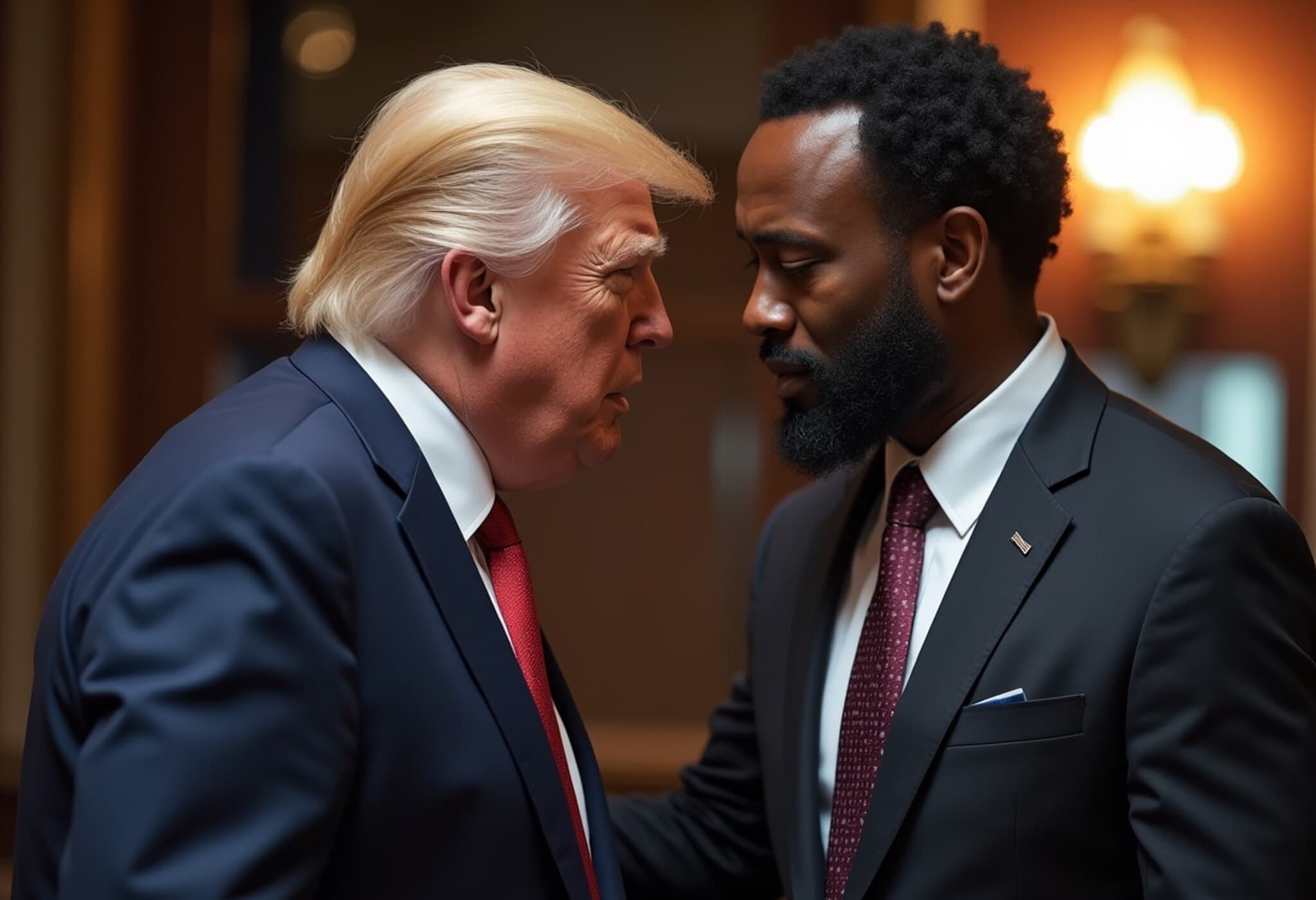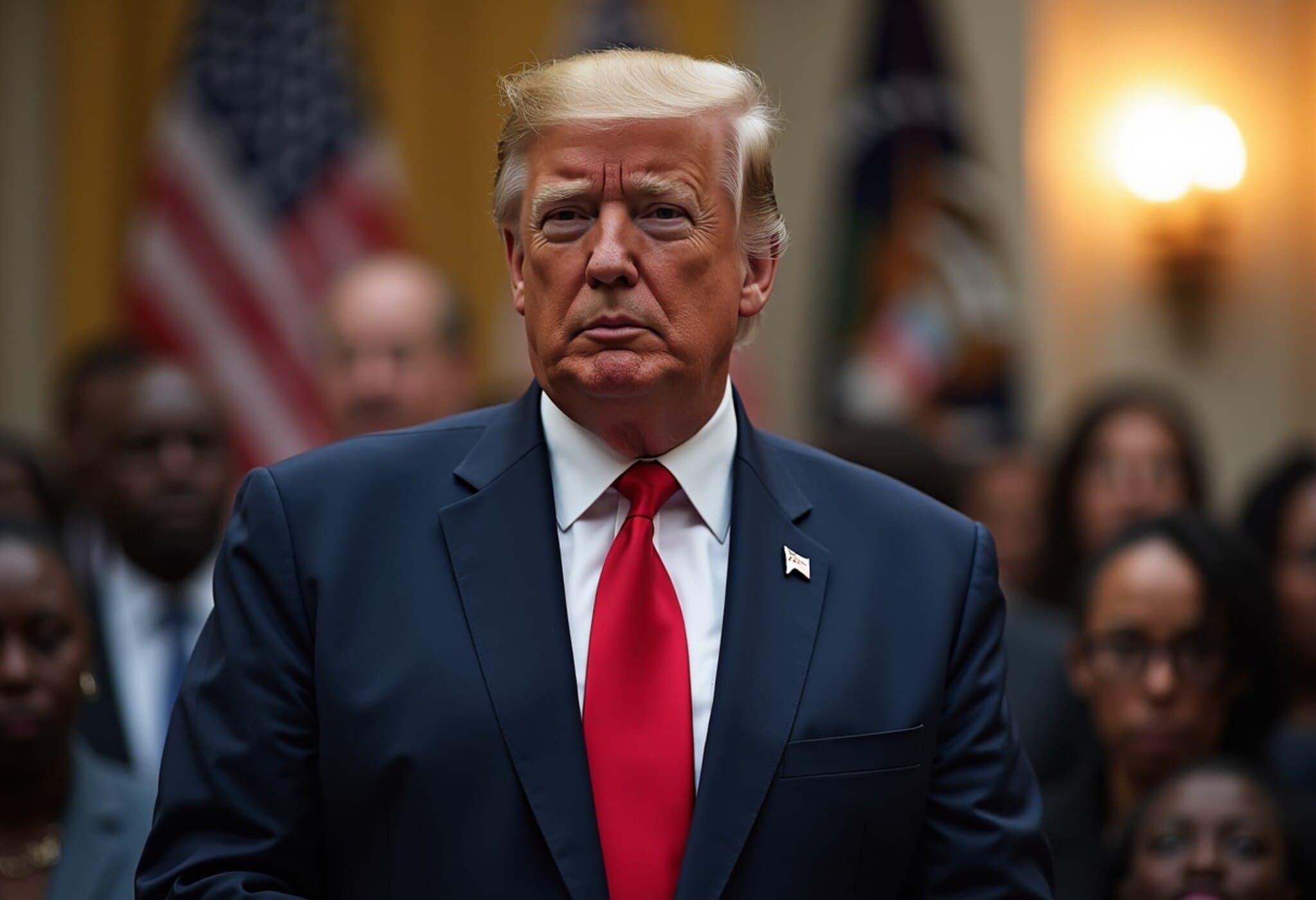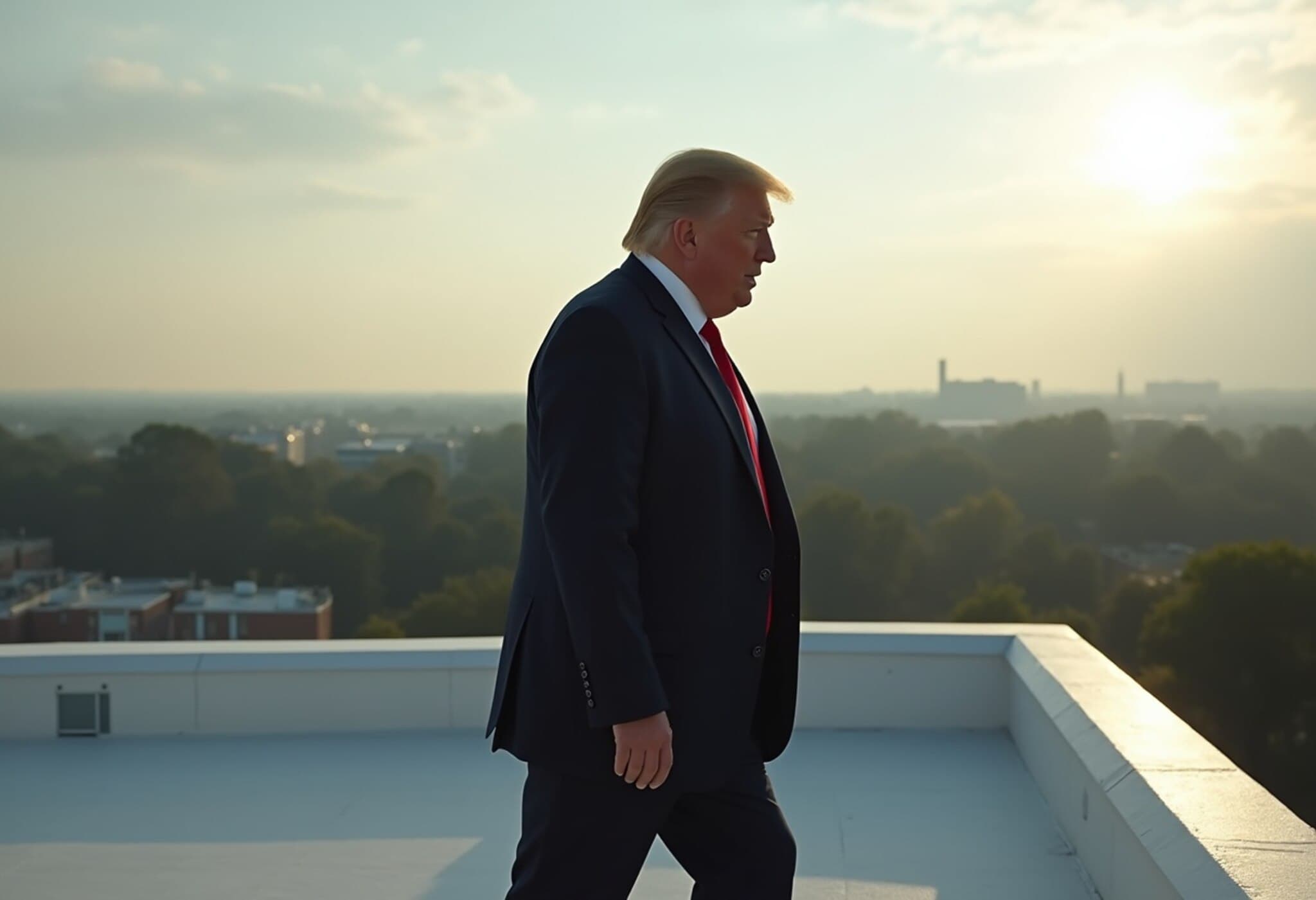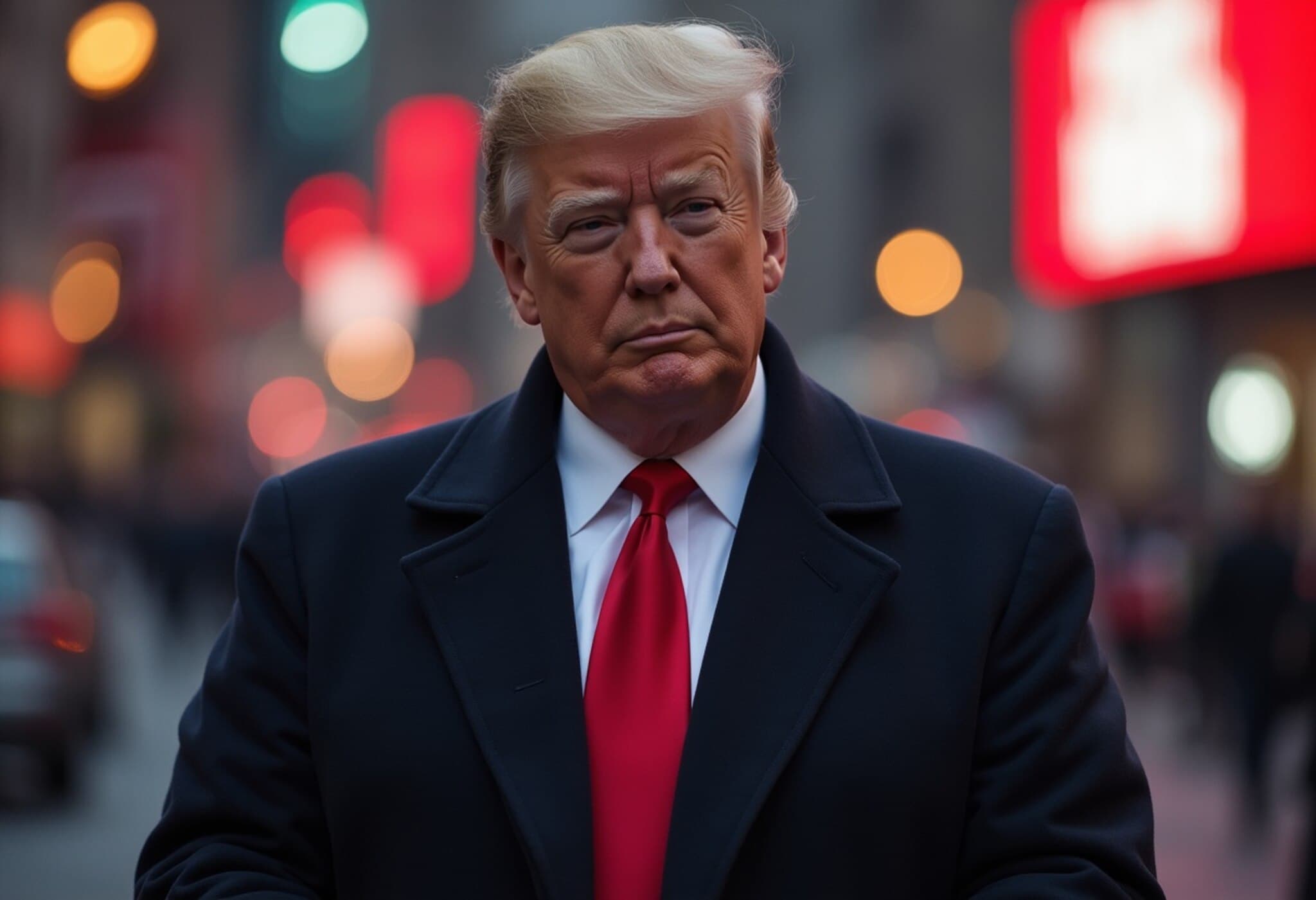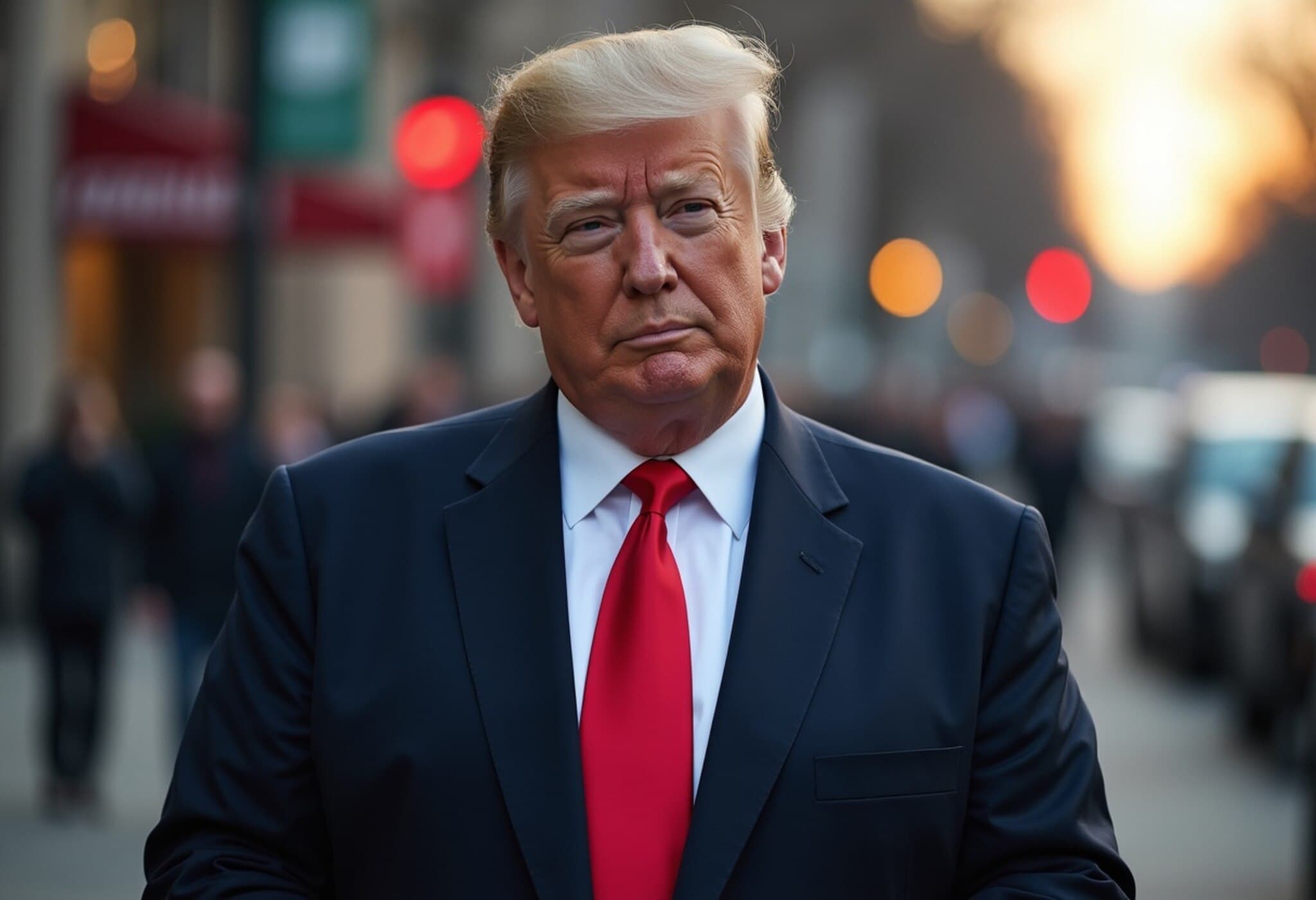Trump’s Bold Reversal: From Target to Hunter Amid Rising Political Storm
On July 22, 2025, President Donald Trump marked six turbulent months in office, a period filled with relentless scrutiny, internal discord, and heated conflicts both domestic and international. Yet, in a striking display of defiance, the White House shared a sharply worded message on social platform X (formerly Twitter), quoting Trump: “I was the hunted, now I am the hunter.” This declaration signals a deliberate shift in narrative amid ongoing controversies, notably the recent revelations surrounding the Epstein files and attacks from political opponents.
From Political Prey to Aggressor: The Changing Narrative
Trump’s dramatic proclamation comes as he faces fierce criticism from Democrats, his own campaign circle, and media outlets. The phrase encapsulates his attempt to reshape public perception—from being the target of investigations and allegations to taking control and going on the offensive against rivals.
This reversal is emblematic of Trump’s broader strategy: reframing accusations as politically motivated assaults while asserting his own dominance over the political battlefield.
Turning the Tables on Obama and the Russia Allegations
One of the most eye-catching maneuvers emerged when Trump pivoted against former President Barack Obama, the figure behind many of the earlier investigations into Trump’s alleged ties with Russia during the 2016 presidential election.
According to recently declassified files released by the Office of the Director of National Intelligence (ODNI) under Congresswoman Tulsi Gabbard’s oversight, Obama administration officials allegedly manufactured and politicized intelligence to orchestrate what some describe as a “years-long coup” against Trump. These revelations raise profound questions about the use of intelligence and power in U.S. political warfare.
The documents clarify that while Russian operatives likely could not have physically tampered with election infrastructure to alter vote counts unnoticed, they succeeded in sowing distrust in the electoral process — a nuance that complicates the narrative of Russian election interference.
Trump’s Viral AI Video: A New Front in the Information War
Escalating his campaign against Obama, Trump unveiled a provocative AI-generated video on his Truth Social platform. The digitally manipulated footage depicts Obama’s fictional arrest by FBI agents within the Oval Office, symbolically placing Trump as the triumphant observer. The clip culminates with an image of Obama behind bars wearing an orange prison jumpsuit.
The video opens with a montage of public officials affirming “no one is above the law,” juxtaposed with Obama asserting the opposite — a message clearly engineered to resonate emotionally with Trump’s base, while undermining the legacy of the former president.
This bold use of AI-generated media not only challenges traditional political discourse but also highlights the complex ethical and legal debates around misinformation and deepfakes in contemporary democracy.
Expert Perspective: Implications for U.S. Democracy and Political Culture
As Trump claims the mantle of “hunter,” experts warn this war of narratives underscores a dangerous polarization threatening American democratic norms. The weaponization of intelligence reports and advanced technologies like AI-generated videos reflects a political landscape where facts are increasingly contested.
- Legal scholars debate whether deepfake videos could be regulated without infringing on free speech.
- Policy analysts emphasize the importance of transparency and accountability in intelligence communities to bolster public trust.
- Media specialists highlight the urgent need for media literacy to help citizens navigate a rapidly evolving and often manipulated information environment.
What’s Next?
As Trump intensifies his media offensive, targeting both political adversaries and institutional checks on power, the nation watches closely. The upcoming months will test the resilience of American democratic frameworks in the face of profound political upheaval and technological challenges.
For policymakers, this moment demands a reinvigorated commitment to safeguarding electoral integrity and combating disinformation while respecting constitutional freedoms.
Editor’s Note
President Trump’s dramatic stance in declaring himself the “hunter” rather than the “hunted” encapsulates more than political bravado; it reveals deeper fissures in American democracy and media. The unfolding Epstein files controversy and manipulative use of AI content mark a turning point. Readers are invited to consider: How can the U.S. reconcile free expression with the risks of digital misinformation? What safeguards are necessary to protect both political processes and public trust in the age of AI and hyperpartisan media?

